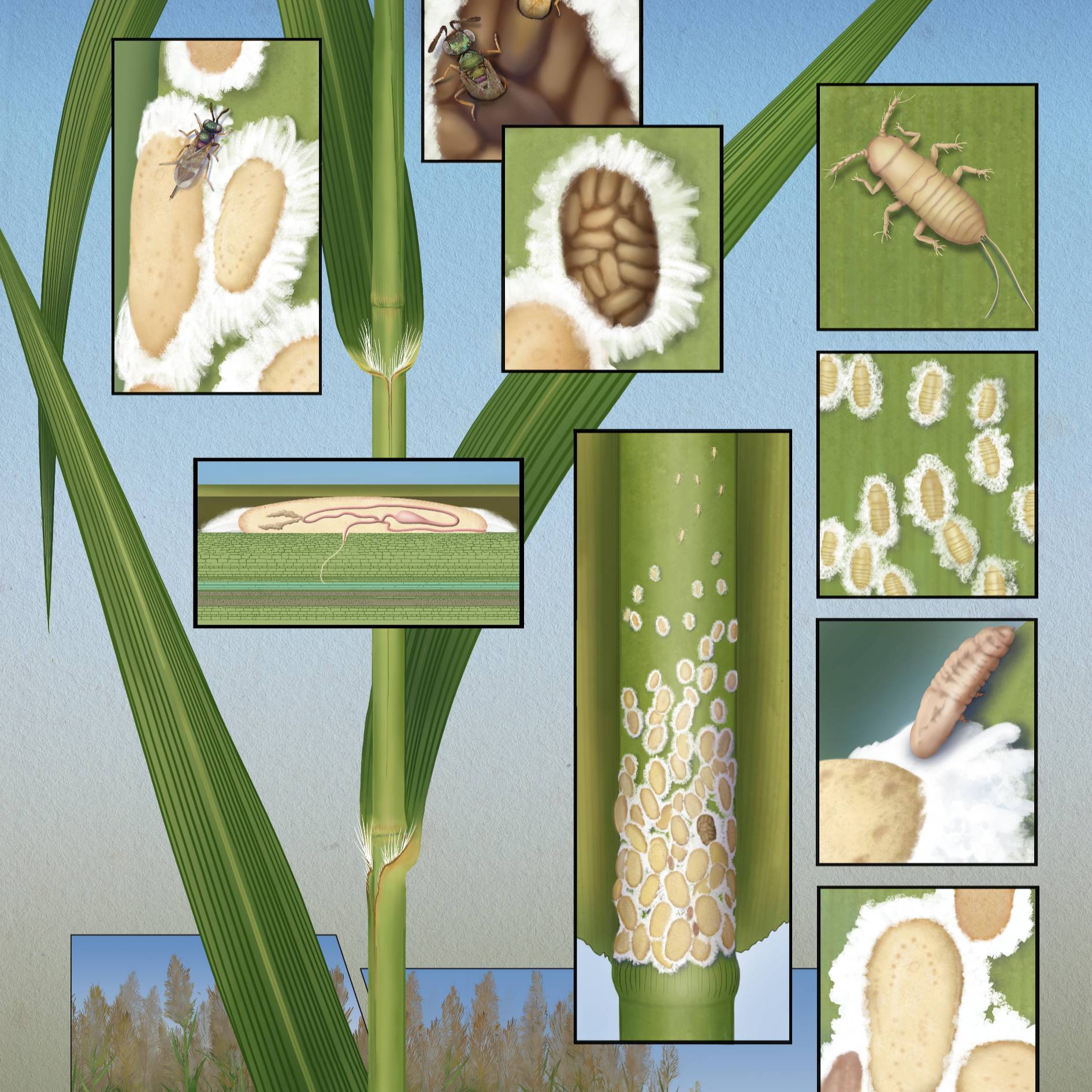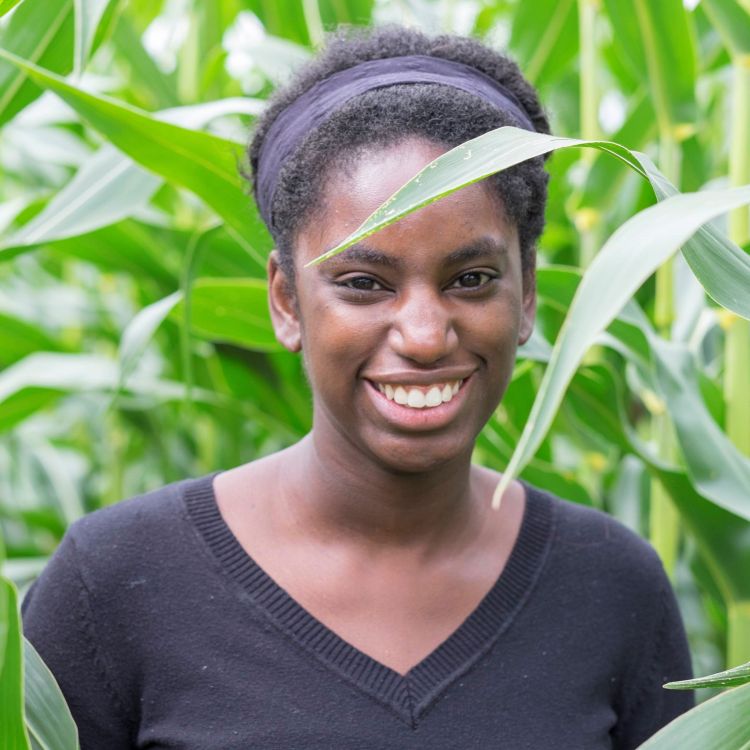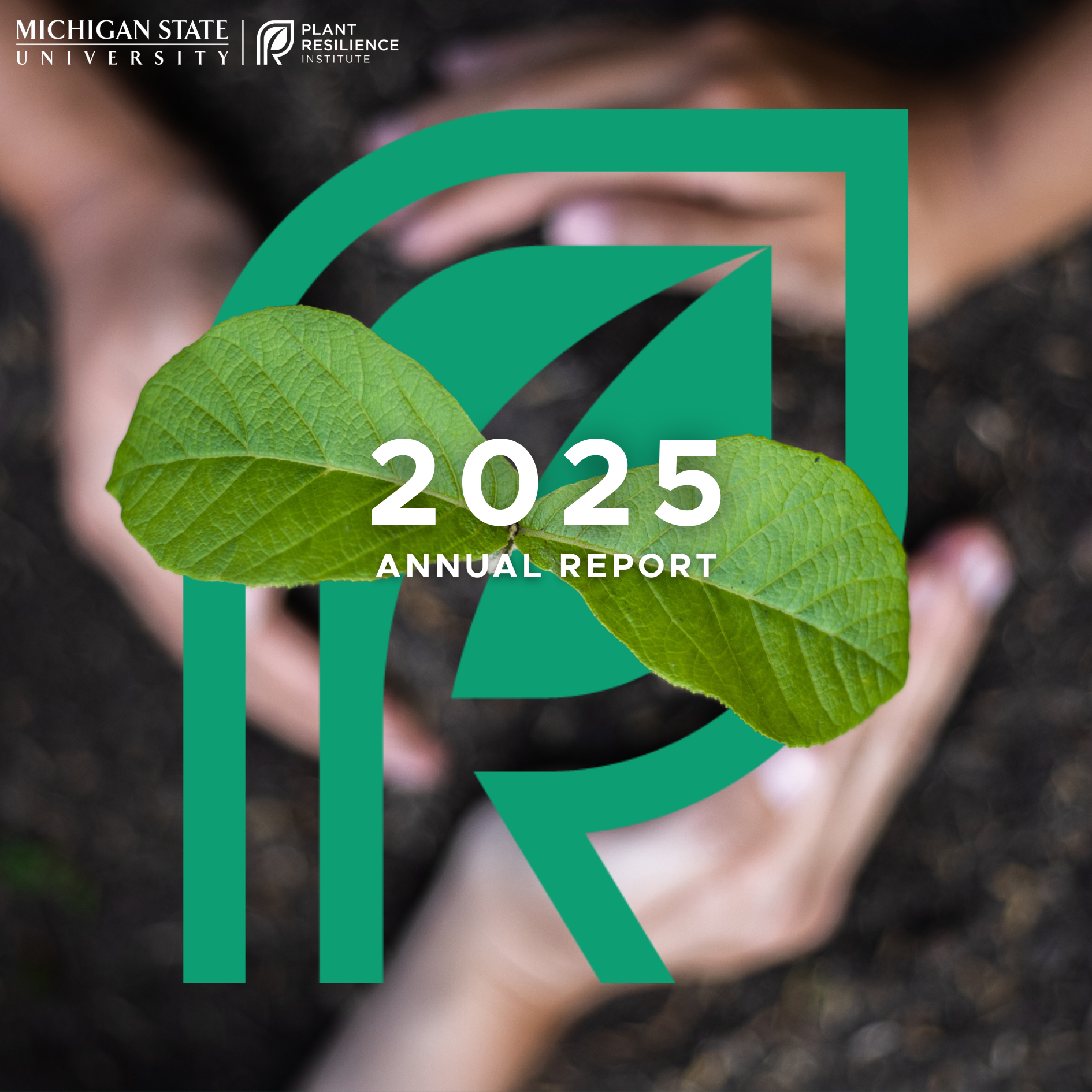Plant Resilience Institute Postdoc to Assume Faculty Role at University of Illinois
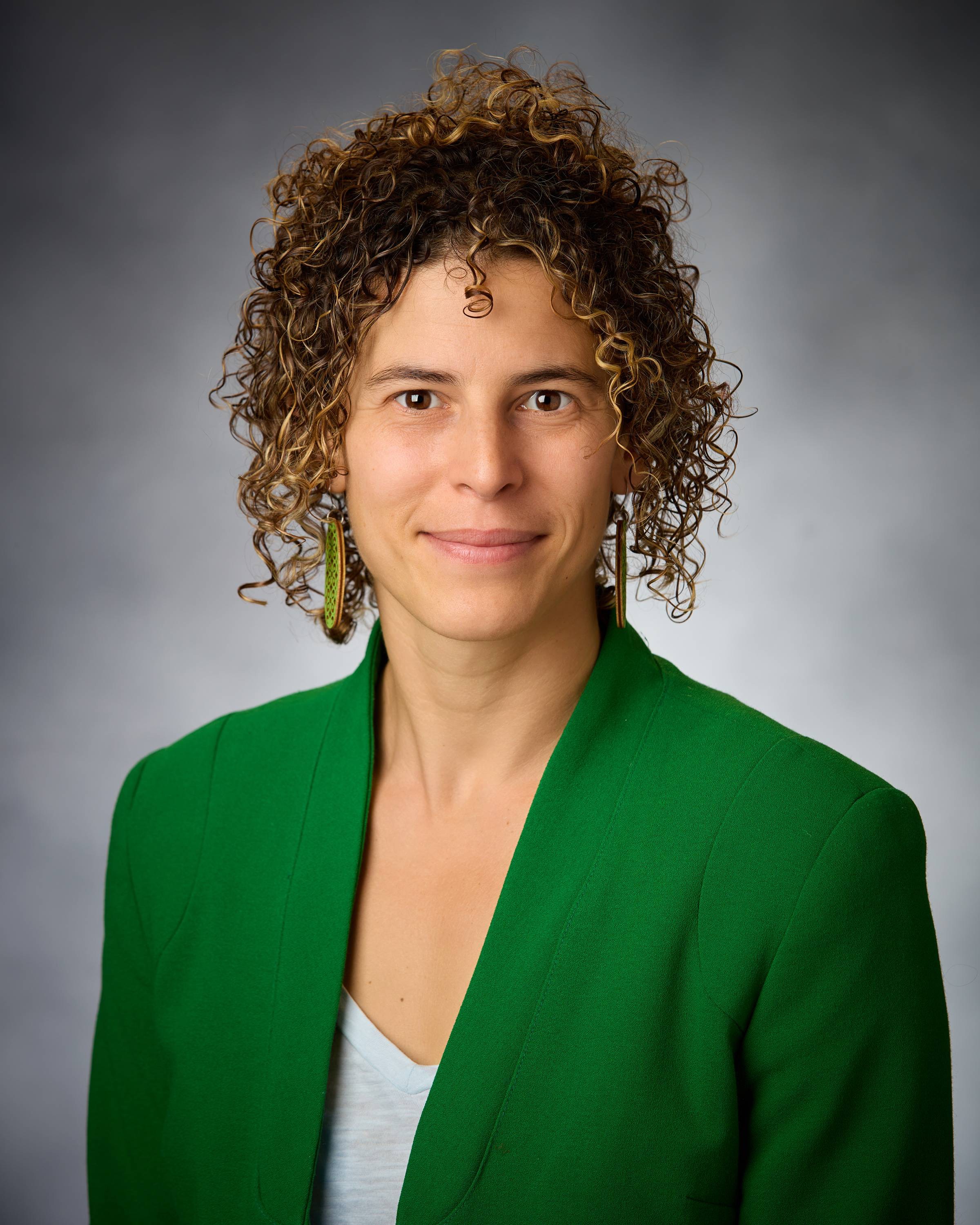
Rose Marks, PhD, a postdoctoral researcher in the VanBuren Lab, will begin as an assistant professor in the Department of Plant Biology at the University of Illinois Urbana-Champaign (UIUC) in August of this year.
Marks has spent much of her time since 2019 between Michigan State University, in the VanBuren Lab, and the University of Cape Town, where she worked under the supervision of Jill Farrant, to study the convergent evolution and diversity of resurrection plants.
Come August, she’ll be establishing her own lab at UIUC, where she hopes to leverage her experience to, “build a global network of collaborators from the [global] South and North to study organisms that have been overlooked by modern science and agriculture,” with the ultimate goal of, “developing more resilient & sustainable agriculture and natural systems.”
Her time at MSU, and within the Plant Resilience Institute (PRI) presented her with, "fantastic training opportunities," including the chance to receive mentorship, participate in workshops, and receive individualized feedback on her work. A research stipend from the PRI funded Marks’ first trip to South Africa. Now, she’s hoping to extend these opportunities to the early-career scientists who will join the Marks Lab at UIUC.
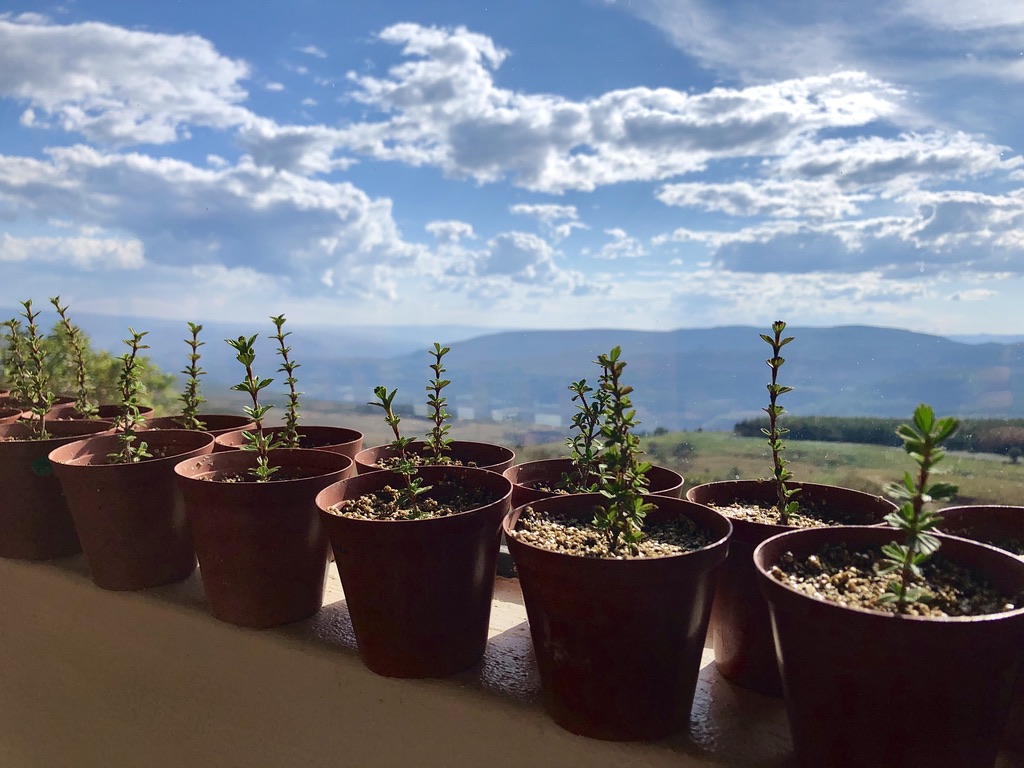
She attributes her success largely to the robust support received from her network: from the training and networking provided by the Water and Life Interface Institute (WALII), the travel funding provided by the PRI, and especially the mentorship of her postdoc advisors. She’s vocal about how these opportunities benefitted her, and committed to fostering similar opportunities for others in the Marks Lab.
